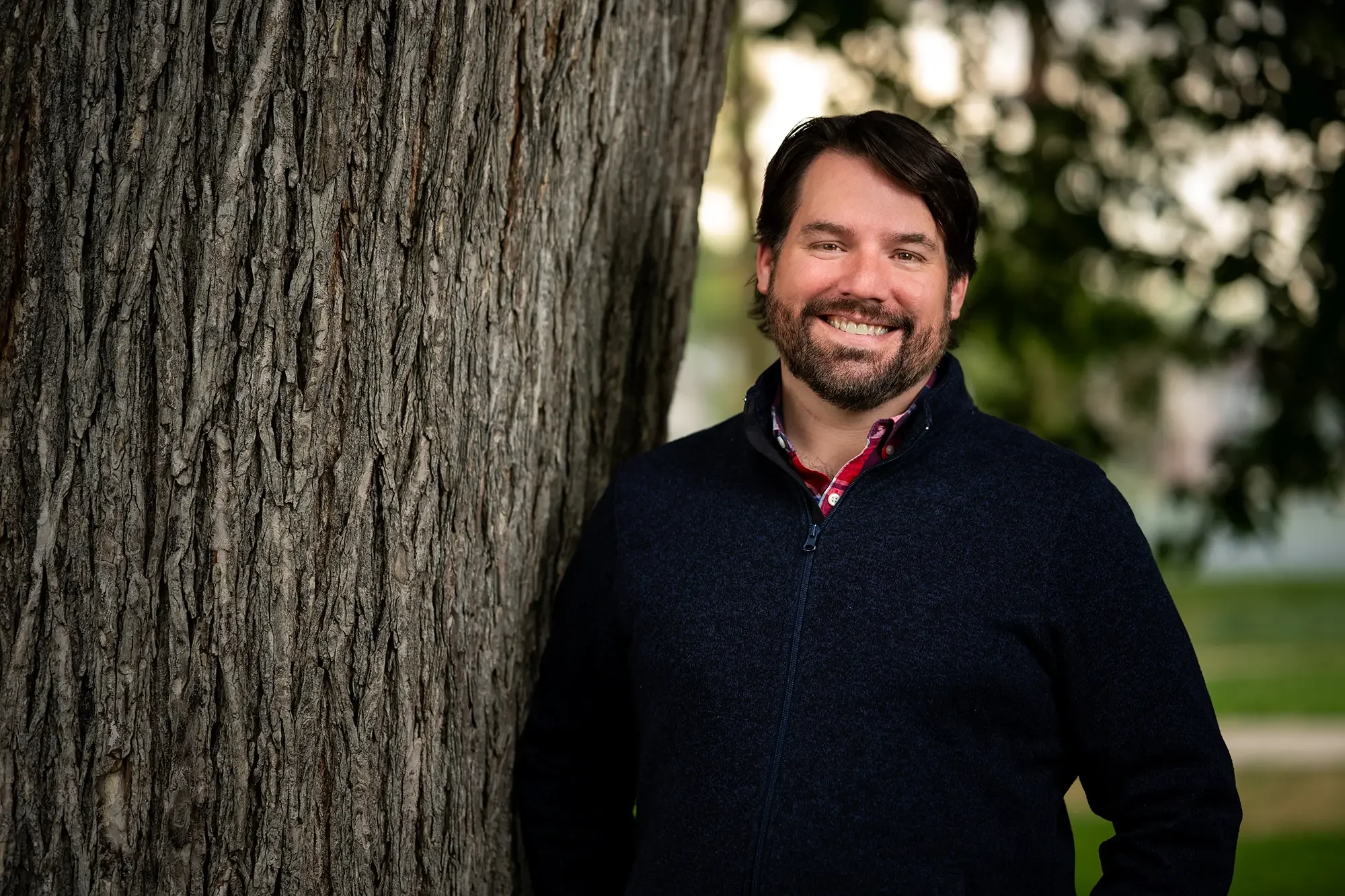
LGBTQ-Affirmative Therapy for Individuals & Couples in Denver
In-person, evidence-based therapy for gay, queer, and LGBTQ individuals and couples in the heart of Denver
Brett Marroquin, Ph.D.
Licensed Clinical Psychologist
Arches Psychology Denver offers in-person therapy for individuals, couples, and other relationship types in our offices located in the Cherry Creek neighborhood of Denver, Colorado.
All services are evidence-based, scientifically-supported, and LGBTQ-affirmative.
This means being supportive of the wide diversity of gay and LGBTQ identities, experiences, and relationships.
Hi, I’m Dr. Brett Marroquin. I’m a licensed clinical psychologist in Denver, Colorado with over 15 years of experience helping gay, queer, and LGBTQ clients break free from anxiety, depression, and relationship problems.
At Arches Psychology Denver, my mission is to increase LGBTQ individuals’ and couples’ access to high-quality, scientifically-supported therapies that can truly transform LGBTQ people’s lives and relationships, in a safe, caring, and affirming place.
For LGBTQ folks, it can be tough to find a therapist that fits, someone you can be your whole self with, who "gets" it.
And for LGBTQ couples and relationships, it can be even harder to find a well-qualified couples therapist who identifies as LGBTQ themselves and specializes in working with the LGBTQ community.
But LGBTQ individuals and couples deserve access to effective therapy, with a therapist who gets it.
What is LGBTQ-Affirmative Therapy?
Being LGBTQ-affirmative in therapy doesn't just mean being "ok" or "nonjudgmental" about LGBTQ identities.
It means affirming the positivity, validity, and diversity of LGBTQ experiences, and recognizing the roles of homophobia, transphobia, and discrimination in our community's wellbeing and relationships.
Have you ever run into these common challenges for LGBTQ people in therapy?
Therapists who are unfamiliar with LGBTQ communities, cultures, relationships, or language
Therapy that feels tolerant, but not actively “affirmative” about LGBTQ identity and experience
Therapy that feels judgmental or “othering", or seems to view LGBTQ identity as exotic
Therapy that assumes certain goals, values, or beliefs are universal
Therapists who don’t fully understand the unique aspects of growing up as an LGBTQ person in the world
Therapists who assume everything in your life has to do with LGBTQ identity, or that all LGBTQ people are similar
You shouldn’t have to choose between an LGBTQ-affirmative therapist and evidence-based treatments that have proven track records, like cognitive behavioral therapy and integrative behavioral couple therapy.
An LGBTQ-affirmative approach doesn’t assume everything in therapy has to be about your LGBTQ identity.
It does assume your experiences, fears, goals, and hopes are valid and important, regardless of gender identity, sexual orientation, or sexuality.
Just like my non-LGBTQ clients, many of my LGBTQ clients are primarily focused on anxiety or relationship issues in individual therapy, or on improving their close relationships in couples therapy.
In addition, LGBTQ individuals and couples often reach out to address concerns more specific to their queer identities, like coming out, dating, sex, vulnerability, and experiences with discrimination.
Whatever your place on the LGBTQ spectrum (or off of it), you can rest assured that at Arches Psychology Denver, you will find a welcoming, caring, and validating environment.
Learn more about my therapy services for LGBTQ individuals and couples:
When you’re ready, reach out for a free phone consultation.
I can answer any questions you may have, and we can discuss whether I might be a good fit for you.
Getting Started
First we’ll have a brief, free phone consultation to see if I’m a likely fit for you and your needs.
For individual therapy, we will then meet for one or two initial assessment sessions. We’ll do a thorough assessment during which I will get a better sense of you and what you’d like to work on, you’ll get a better sense of me, and we’ll develop goals and a plan for treatment. After this, therapy sessions are usually once per week for 45-50 minutes.
For couples therapy, during our assessment process I’ll meet once with both partners together, once individually with each partner, and once again with both partners. This allows us to identify key issues and plan treatment that takes both partners’ perspectives into account. (For some nontraditional or ethically nonmonogamous relationships, this will look different.) After these sessions, couple therapy sessions are usually once per week for 45-50 minutes.
Learn more about my approaches to individual therapy and couples therapy.






